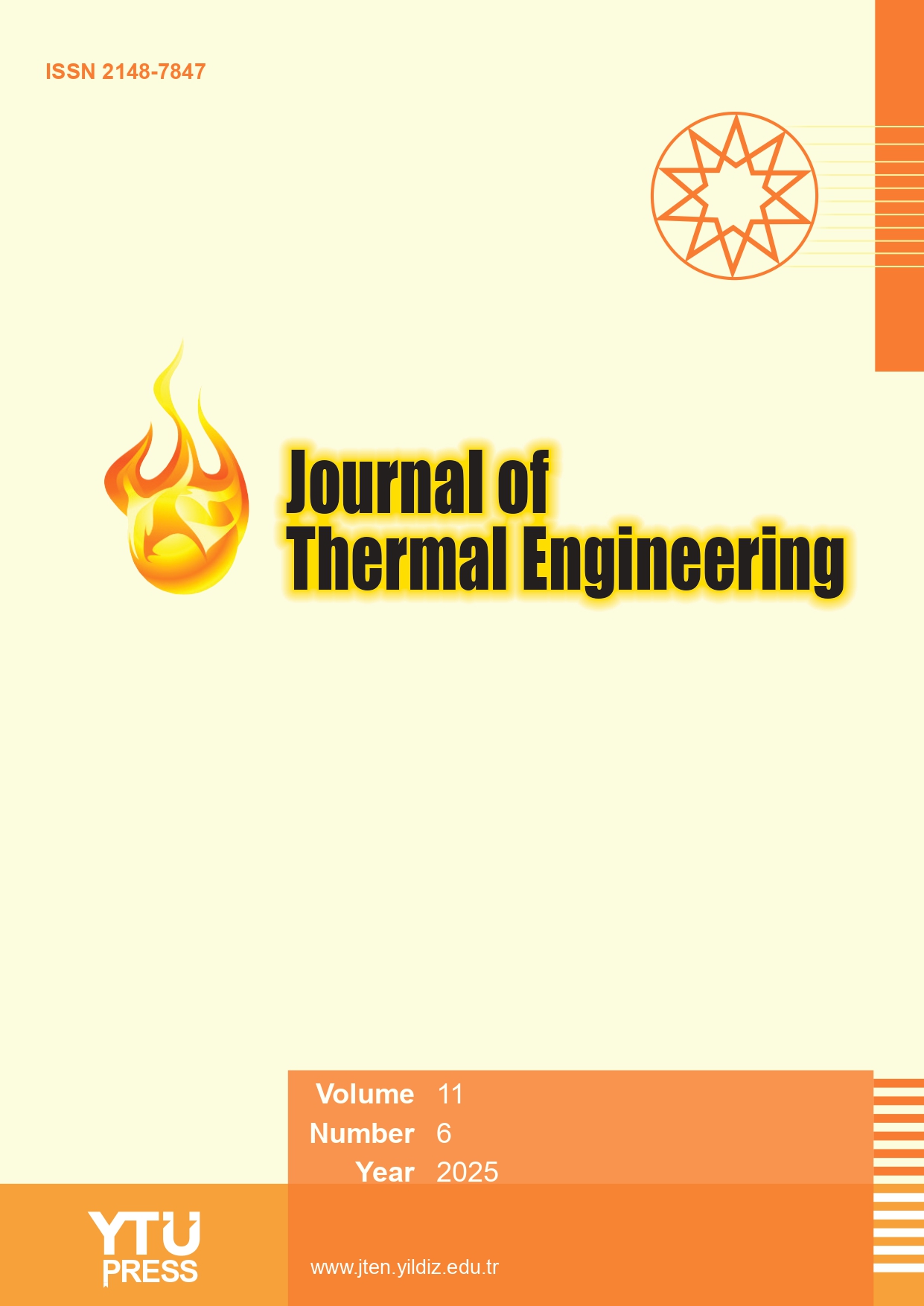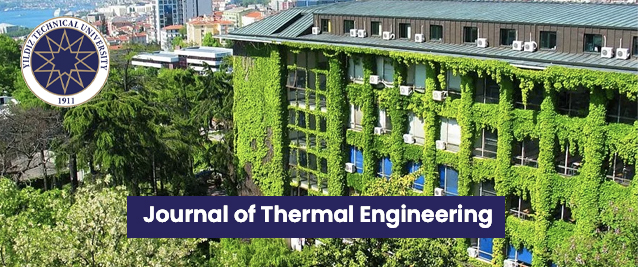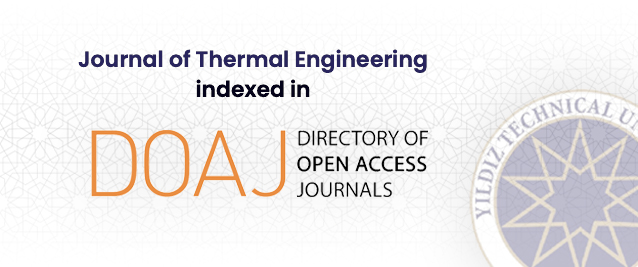2Automotive Research Association of India, Pune, India
Abstract
Algae-based biofuels are the most capable solutions to energy catastrophe and global warming for years to come due to its potentially high yield, higher growth rate, biodegradable, nontoxic, carbon neutral, low emission profile, use of non-arable land and non-potable water with less attention and resource consumption. A biofuel produced from chlorella algae oil through a transesterification process was used in this study. Experimental tests were performed on a single cylinder, four stroke, direct injection, naturally aspirated diesel engine at constant engine speed of 1500 rpm and compression ratio of 18 at various loading conditions to evaluate the performance, emission, and combustion characteristics using algae biofuel blends of 5%, 10%, 20%, and 30%, moreover the results are compared with those of standard diesel. The brake thermal efficiency showed decreasing trend (upto 5%) whereas specific fuel consumption (upto 7%) and exhaust gas temperature (upto 3%) showed increasing trend for algae biofuel blends compared to diesel. Reduction in hydrocarbon (upto 28%) and carbon monoxide (upto 22%) emission was noted for algae biofuel blends along with a marginal increase in NOx (upto 13%) emissions. Also, algae biofuel blends showed almost comparable combustion results compared to conventional diesel, however, the blends confirm shortened ignition delay due to their earlier start of combustion. From this study, we can conclude that small fraction by volume (20%) of algae biofuel addition with diesel has exhibited satisfactory results and could be used as a good substitute for petrodiesel fuel.























